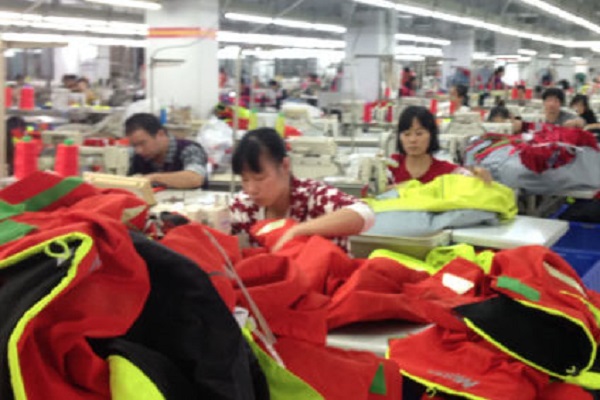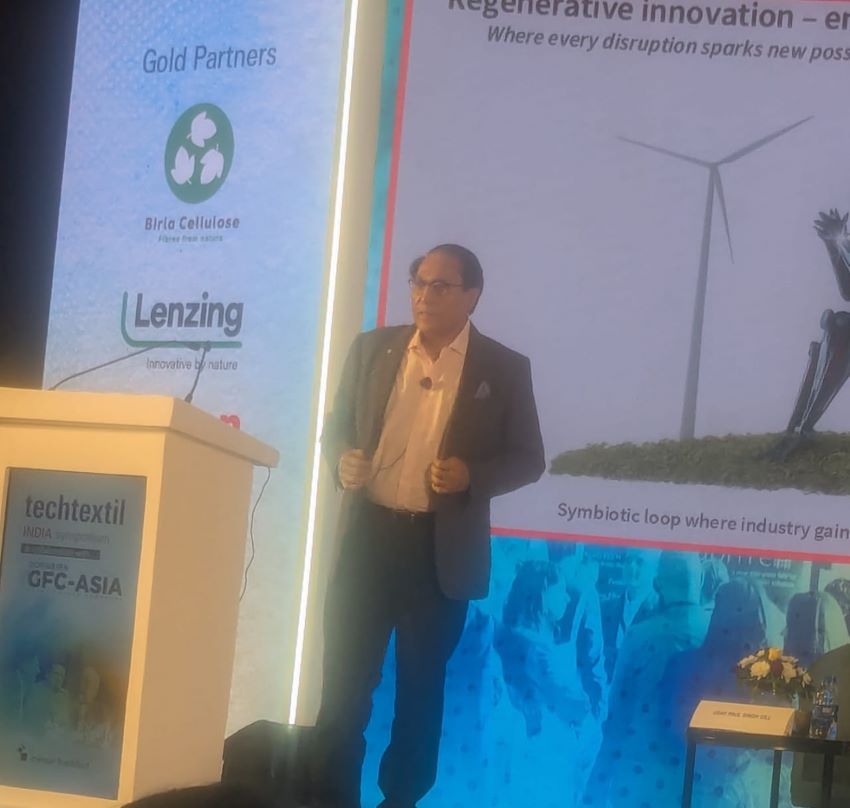
The US already has several restrictions in place for imports from Xinjiang, where rights groups say Uyghurs and other ethnic and religious minorities have faced a raft of human rights abuses, including being placed in mass internment camps. Under the Uyghur Forced Labor Prevention Act, passed in 2021, US Customs and Border Protection (CBP) blocked all imports made in the region. It blocked all goods made by firms outside the region whose links with Xinjiang companies or with Xinjiang’s government make them complicit in the Department of Commerce’s view on forced labor practices.
Of course, China hit back as a spokesperson of China’s Ministry of Commerce pointed out the Chinese government has laws in place that explicitly ban forced labour and the ban would not only hurt Chinese industries but also American retailers and consumers. Evidence gathered by human rights organizations directly contradict the Chinese Ministry’s claims about laws banning forced labour.
Banning Xianjiang-related products aren’t easy
America is in love with Chinese ultra-fast fashion brand Shein. As recent as November 22, Bloomberg conducted a research test on Shein garments shipped to the US and it was found that the clothing had Xianjiang cotton in them. Two batches of clothes purchased from Shein — one ordered in March and a second in July — were shipped to Agroisolab GmbH in Jülich, Germany for analysis. The clothes were chosen from about 60,000 items that turned up in a search for ‘cotton’ on Shein’s US website.
The fashion brand that is expected to reach revenues of $8 billion in sales in the US in 2022 is in the line of fire but the garments out in the US market haven’t been recalled yet as customers are on a buying spree. Bloomberg called out the loophole termed “de minimis” exemption which Shein used cleverly to escape the scrutiny of US Customs. This rule facilitates packages valued under $800 to be shipped to the US duty free and avoid the scrutiny of the US Customs. Shein spokespersons are yet to confirm the Bloomberg test results.
Similarly, German brands Adidas, Puma, Jack Wolfskin, Tom Tailor and Hugo Boss have also been accused of using Xianjiang-farmed cotton as tests revealed traces of strands from the region in some of their clothing items, particularly t-shirts, shirts and pullovers. This is in direct contradiction to these brands having promised to only source material that does not have the label of forced labour on them. Put under the spotlight, these five German brands have reiterated their commitment on their stance on sourcing from Xianjiang. A private auditing firm held an independent research amongst Chinese subcontractors supplying to major international fashion labels said that no matter what these brands claim about their stance on forced Uyghur labour, they cannot for certainty state that Xianjiang cotton is absent from their items as it is near impossible to monitor these subcontractors continuously.
Certification of cotton isn’t exactly a cakewalk. There are many cotton trading hubs including in Dubai where cotton is sold in bales, the provenance of cotton in the market gets mixed up. For example, readymade cotton garments from Bangladesh are made from a mix of cottons as Bangladesh imports raw cotton in entirety from wherever it gets at the lowest price. Therefore, checking samples of garments manufactured in China isn’t enough. Global Organic Textiles Standard (GOTS) is responsible for monitoring the provenance of the textile throughout its supply chain and the organisation doesn’t have Chinese manufacturers on its radar.
Meanwhile Xianjiang continues good production
Despite the global condemnation and the US ban, the north western Chinese province has seen a a growth of its crop output. The cotton yield in Xinjiang averaged 143.9 kg per mu in 2022, an increase of 7.5 kg per mu over the previous year. Government officials claim that 80 per cent of cotton farms in Xianjiang are mechanized and no longer rely on manual labour for the pickings. This counter-claim is a direct refute to the West’s claim of exploitation of Uyghur labour forces.












